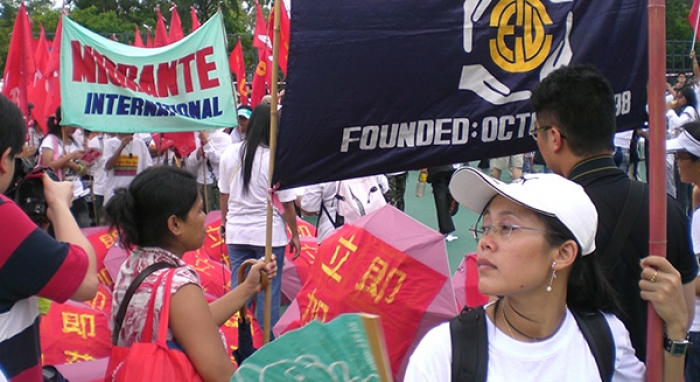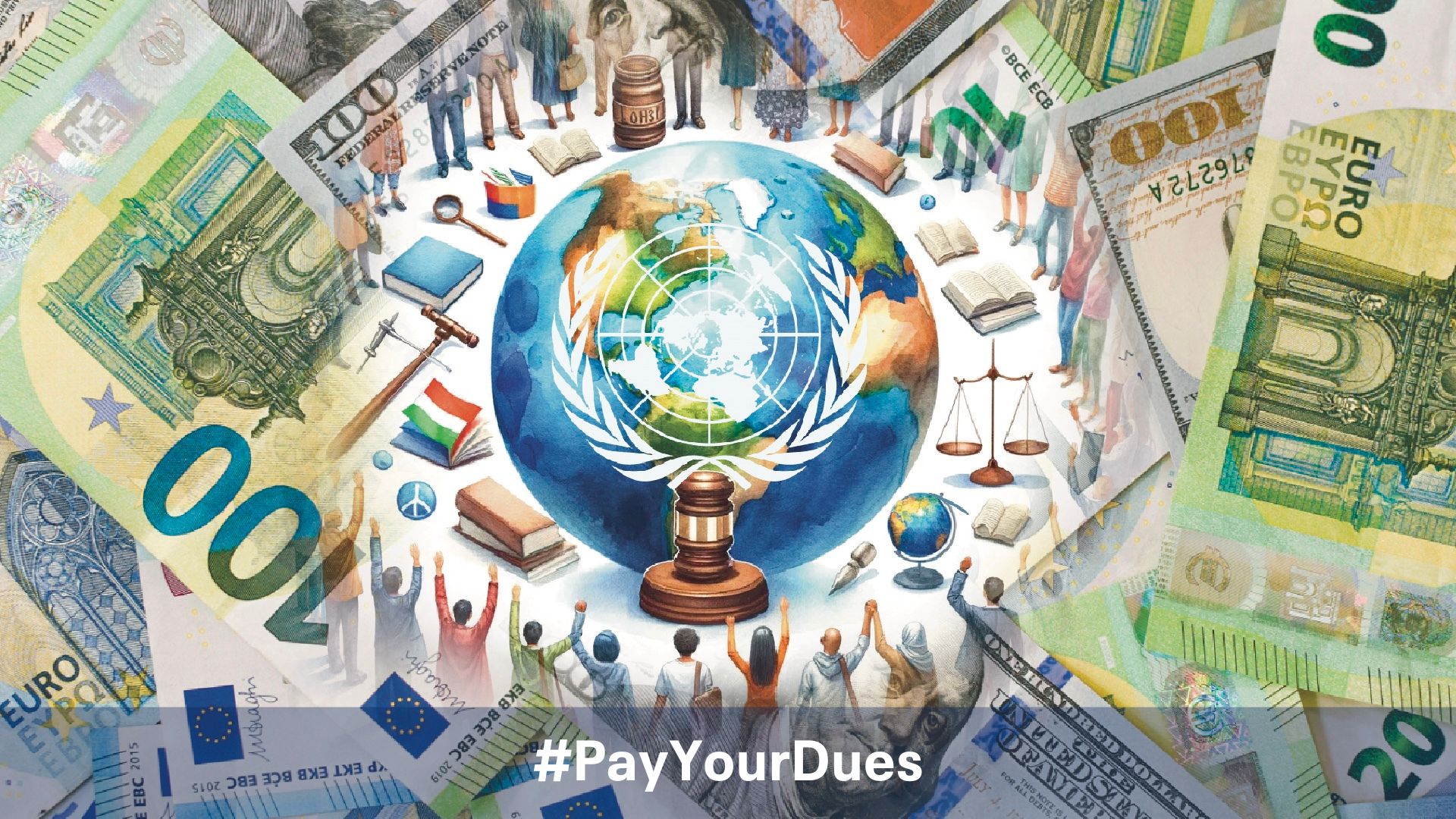In recognition of the dangerous turn the country took following the election of President Duterte, ISHR and partner organisations Medical Action Group and the Philippines Association for Human Rights Advocates submitted a (or UPR) process last September. In the interim, ISHR programme manager Sarah M Brooks notes, the situation has gone from bad to worse.
‘The negative impact on the environment for human rights is astonishing,’ says Ms Brooks. ‘Not only did we see well over three thousand extra-judicial killings in a matter of months after Duterte took office, but we are receiving increased reports of attacks against civilians and human rights activists, intimidation of members of the Philippines national human rights institution, and even the trumped-up prosecution of a progressive politician’.
The international community has a responsibility to speak out when countries violate human rights; as just one example, actions in relation to the UPR could help drive a course correction in the Philippines. Today in Geneva, national-level organisations presented compelling arguments for UN member states to make specific recommendations to address these concerns.
The firsthand testimonies of civil society representatives illustrated these statements in painful and personal detail.
‘In the past nine months, dismantling civil and political rights in the Philippines has been accompanied by vilification of human rights defenders’, said one NGO representative.
‘Defenders are being targeted, put on a ‘persons of interest’ list and the military watch list. Unfortunately, myself and four of my colleagues are included on these lists’.
The briefing paper highlighted a range of concerns, with a particular focus on human rights defenders working in the areas of land and environmental rights and corporate accountability. Another speaker at the briefings noted, with regard to the situation for indigenous communities and environmental defenders: ‘In defence of ancestral lands, many indigenous people at forefront of resistance. However, indigenous leaders are the constant target of attacks by groups servicing the interest of mining corporations’.
ISHR and its partners also made the following recommendations:
- Guarantee the establishment of a safe and enabling environment, specifically through the adoption of legislation protecting human rights defenders.
- Refrain from creating or enforcing laws or policies that seek to criminalise the legitimate activities of human rights defenders, including those advocating for economic, social and cultural rights and rights related to land and the environment.
- Provide for meaningful civil society participation in the development and implementation of public policies, in particular that guarantee the free, prior and informed consultation of communities affected by economic and development projects.
- Combat impunity for crimes committed against human rights defenders through prompt, impartial and transparent investigations and ensure effective remedy for victims.
Ms Brooks concludes, ‘At this point in the Philippines, when human rights are being undermined and even UN experts are slandered and stigmatised by government officials, we heard from defenders today that the voice and support of the international community matter. The solidarity of delegations in Geneva in recognising challenges to human rights defenders is a huge encouragement for those working on the ground for human rights change’.
For more information, contact Sarah M Brooks at s.brooks[at]ishr.ch or Jerbert Briola of Medical Action Group at jerberttmb[at]gmail.com.
Photo: Commons Wikipedia




